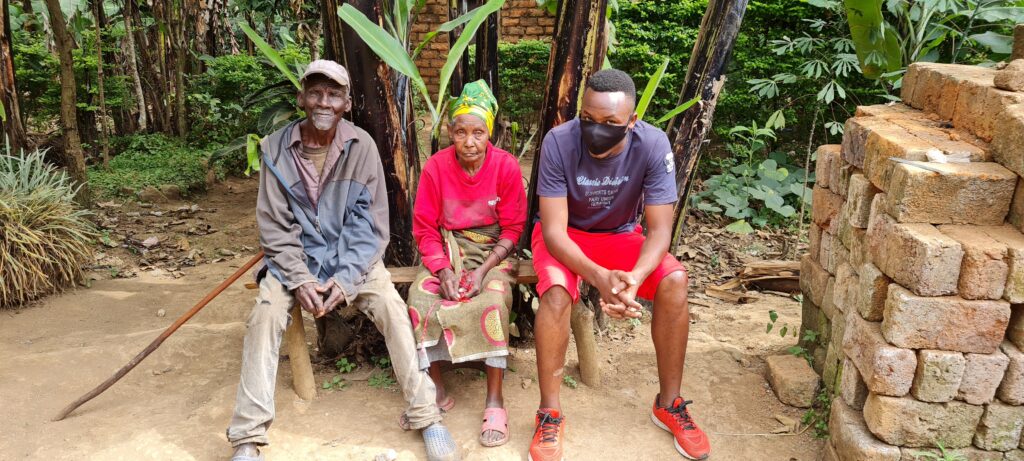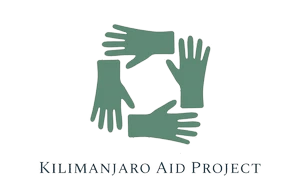
ELDER SUPPORTING PROJECTS
Elder supporting projects that focus on food distribution, toilet building, health support, bed and mattress provision, and clothing provision can significantly improve the well-being and quality of life for elderly individuals. These initiatives address some of the specific needs and challenges faced by the elderly population.
Here are some key components and benefits of such projects:-
Kilimanjaro Aid Project implementing elder supporting projects that address food, sanitation, health, bedding, clothing, and social engagement, communities can enhance the well-being and quality of life for the elderly population. These projects demonstrate respect, care, and support for the elderly, fostering inclusive and age-friendly communities.
Food Distribution
Establish food distribution programs that provide regular and nutritious meals to elderly individuals who may have limited access to adequate nutrition. This can involve meal delivery services by working with volunteer individual to ensure elderly individuals receive balanced meals.
Toilet Building
Improve sanitation facilities by constructing toilets that are accessible and suitable for the elderly. Accessible toilets with appropriate features .This contribute to better hygiene practices and overall health.
Health Support
Provide health support services tailored to the specific needs of the elderly. This can include regular health check-ups, access to healthcare facilities, health education sessions, and the provision of assistive devices such as hearing aids, eyeglasses, or walking aids. Addressing their healthcare needs promotes physical well-being and helps prevent or manage age-related health issues.
Bed and Mattress Provision
Ensure elderly individuals have access to proper bedding, including beds and mattresses that offer comfort and support. Providing suitable sleeping arrangements contributes to their physical comfort, quality of sleep, and overall well-being.
Clothing Provision
Support elderly individuals by providing clothing that is suitable for their needs, climate, and cultural preferences. Ensuring they have appropriate and comfortable clothing helps maintain their dignity, supports their mobility, and protects them from environmental factors like cold.
Social Engagement and Emotional Support
Encourage social engagement and combat feelings of isolation or loneliness among the elderly. Organize activities such as group outings, social gatherings, and recreational programs to foster social connections, emotional well-being, and a sense of belonging within the community.
Volunteer and Community Involvement
Encourage community members, including young people and other able-bodied individuals, to actively participate in supporting the elderly. Organize volunteer programs that engage individuals in providing assistance, companionship, and support to elderly individuals. This promotes intergenerational connections, empathy, and mutual understanding within the community.
Regular monitoring.
Regular monitoring and evaluation of these projects are crucial to ensure their impact and identify areas for improvement. Engaging with the elderly and the community to gather feedback and address specific needs is essential for tailoring the initiatives to the unique requirements of the target population.
